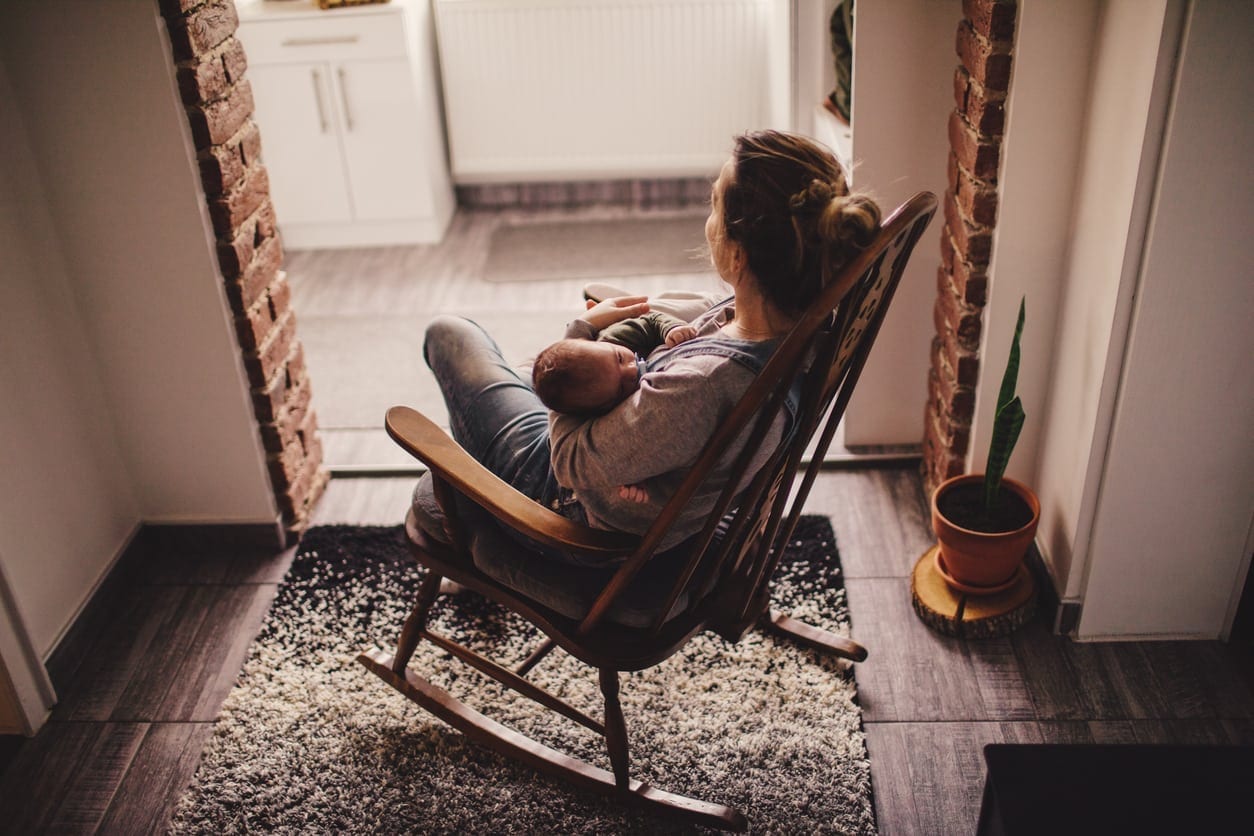Looking back at my journey into motherhood, I am amazed at how unprepared I was for the mental battle to go with it. The accompanying life changes were so immense that I barely had time to notice that I was slipping into a state of postpartum depression.
Over the 12 months since my baby was born, I left my career, moved to a new country, experienced blocks of time where I was completely alone and was beginning to wonder if anyone would notice if I disappeared.
Some of this was through necessity, and some just letting the daily demands of motherhood take over my life. My lack of awareness and action to address these problems led me down a dark path.
I’m sharing the pivotal areas of life that influence your state of well-being, where I went wrong, and what you can do differently.
Self-Esteem and Status
What I did
I returned to work as soon as I could and managed to get into a workable routine. Aside from some minor sleep deprivation and the inconvenience of pumping breast milk all day, I enjoyed the balance in my life.
Then, I was faced with a choice. Go it alone as a single mom, or move to another country to make sure my son had his father in his life. I did not hesitate and packed everything to move to another country. I was giving up my career in the process.
While I know that I can pick this up again in the future, it was a shock how much of my identity was tied to my job. I managed a department of 70 people and strived to be someone people could trust and look up to. All of a sudden, I had one person looking up to me . . . and he was less than two feet tall!
What you can do
This should be a bit of a no-brainer, but try to avoid any other major life changes! You are already in the middle of the biggest life change you may ever go through. Stress and anxiety will be present in your life. This is not the time for unnecessary complications.
Social Isolation
What I did
Moving to a new country would be an exciting prospect under normal circumstances. But my partner could not move with me and would follow a few months later. So, I was alone and starting from absolute zero. No friends, no job, and an unreliable internet connection . . . I didn’t even have a driver’s license. This led to a period of what felt like complete isolation from the outside world.
I tried mother’s groups. However, the recurring topic of unhelpful partners wasn’t the kind of support I wanted to be around.
What you can do
Your network is what will relieve the pressure. Friends, family, and mother groups (that you actually get along with) all play an important role in allowing you to interact with people who can actually talk back.
The lack of daily social contact can be the greatest shock when you leave work. You need to make an effort to retain that contact outside just your partner.
A catch-up with your best friend can be rejuvenating. While the grandparents take over, some quiet time can release the pressure valve and allow you to look inwards instead of constantly outwards.
Take advantage if you are lucky enough to have these things in your life. It can make all the difference.
Finding Purpose
What I did
I expected that motherhood alone would give me all the fulfillment I needed in life. While I would not trade being a Mom for anything, it does not create a well-rounded life in isolation. It took me a long time to figure this out.
Online communities of moms had been a lifeline for me through this dark period, and it was through this that I found an opportunity to work part-time on a parenting website. This was so different from anything I had done before; it was a new challenge and a chance to give something back and help other new parents. At the same time, I am getting to know an amazing network of like-minded people doing great work in the industry.
What you can do
Diversify your headspace! Take up a new project, start a class in something. Yoga, pottery, writing . . . anything!
Seeking Treatment for Postpartum Depression
Postpartum depression can be a severe condition. Spotting the symptoms can be difficult at first because you will probably suffer from tiredness, insomnia, mood swings, and a lack of energy anyway when you have a new baby. If this feels persistent over a long time, seeking medical advice (Contact SAMHSA) can ensure the response is measured and appropriate for your situation.
Any prolonged feelings of guilt, low self-esteem, and general lack of interest in your baby are symptoms that should be acted on immediately. Your doctor will be able to advise whether medication or therapy is a necessary treatment.
Remember that Postpartum Depression is a common condition, and the best thing you can do is start the conversation early.
























